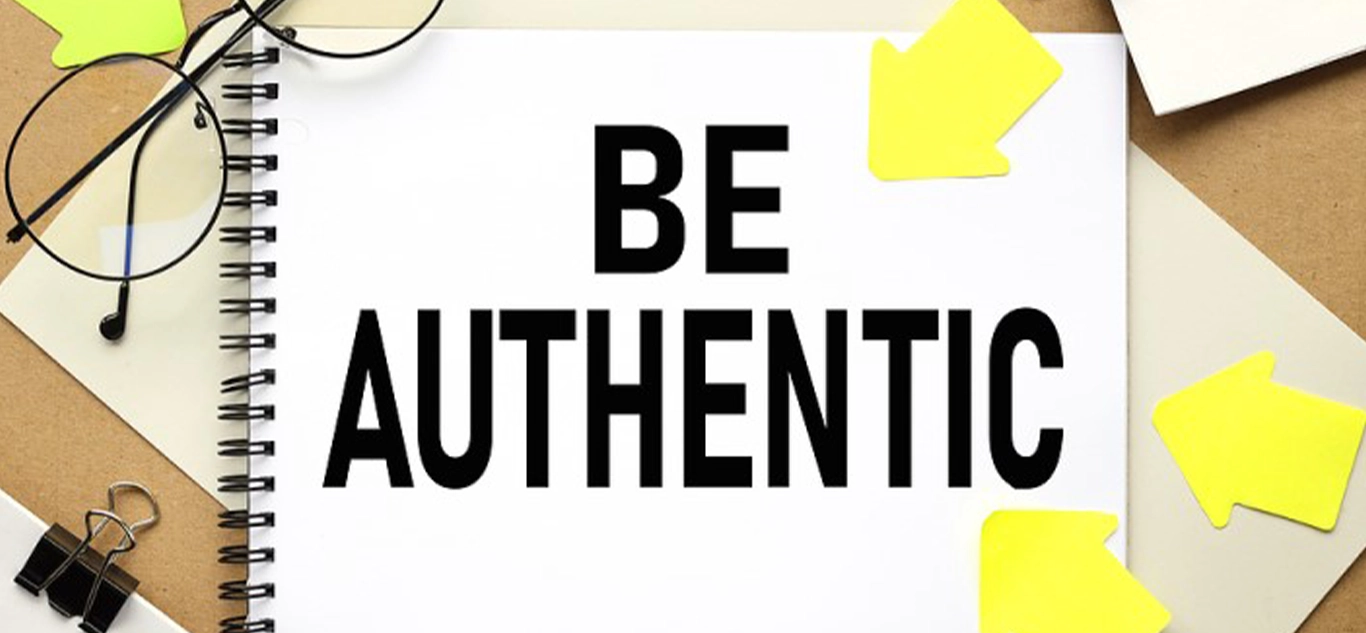![]()
“Keep it real” has always been a popular refrain in professional circles, and perhaps no other time calls for realness as much as the present day. With AI tools of all kinds flooding the market, the internet is filling up with content that is wholly or partially AI-generated. And while this has given rise to “counter” tools to detect AI usage, the real question PR professionals are asking themselves is: “How do I get my audience to trust the message I’m here to share?” The answer lies in the often-overlooked element of content – authenticity.
What is authenticity?
In the PR context, authenticity refers to the sharing of truthful and honest content with a brand’s customers. It involves upholding a defined set of values with the aim of connecting with audience members who resonate with those values. Critically, authenticity isn’t just about “sharing the facts”. It’s about staying true to a voice, ethos or belief that the brand stands for, while sharing useful information in a non-promotional way.
Why does authenticity matter?
Today, tools like ChatGPT make it easier than ever to create and publish content on any platform. And while keeping a regular online presence is important, there is no substitute for an authentic voice that showcases your brand as it is, without pretense. Here are some of the benefits you get when you invest in that voice.
- Keeps the communication engaging – There is a strong link between authenticity and the quality of your communication. If you believe in the message you are sharing, you’ll be able to craft it simply and relatably.
- Gives more space to the messages that matter – Brands that rely only on paid content are limited in terms of what types of content they can put out. On the other hand, an authentic piece of thought leadership content may reach fewer customers than a Google Ad but will inspire much more reflection and conversation among customers who are likely to want to know more.
- Boosts shareability – Customers tend to share content that strikes a chord with them. An honest behind-the-scenes look at how a product is made or a personal message from the CEO will make customers look twice and want to share it with their friends and family. If we think about viral campaigns like Maggi’s “We Miss You Too”, they worked because of the honest message that spoke directly to each customer.
- A way to stand out – In a world where everyone wakes up to a sea of content on their devices (much of it generic and/or irrelevant), an authentic piece of content is a welcome breather. Even if it’s something as simple as a lighthearted joke or an apology for a delayed product release, it can evoke positive feelings and help customers remember you when they are making a purchase decision.
How to incorporate authenticity into your PR plan
Authenticity is not as easy to incorporate into a content plan as something like SEO. It requires careful planning and introspection on what your brand wants to stand for. Here’s how to begin:
- Have a single truth – Ideally, this should take the form of an actual document where you brainstorm and list all the cornerstones of who your brand is. From the type of business you do to the types of customers you want to attract to the core values you believe in, set them all down.
- Live up to that truth – Now that you know who you are, make sure your customers know it too. With the help of your PR and marketing teams, think of ways to embody your authentic voice into your content across channels. This will be an iterative process, but it’s essential to start, even if it’s with something small like changing the vocabulary of a post or adding an extra quote to a press release.
- Don’t fall prey to trends – Modern customers are savvy, and can easily tell when a company is trying to pander to popular trends or behave in a fake way. Avoid talking about trendy topics or using the latest jargon unless they fit in with your authentic personality.
- Use AI tools for the right things – You don’t need to completely get rid of AI tools to be authentic. However, it’s important to know where they can be useful and where their limitations begin. AI tools can help with things like drafting outlines, accumulating research or repurposing content for different audiences. However, the actual “heart and soul” of the content still needs to be written by someone who intimately knows your brand truths. Ideally, you’ll want to collaborate with professional writers for this.
In short, authenticity starts from a place of wanting to embrace your truth, whatever that might be, and weaving that truth into every message you share, big or small. With decades of experience helping leading brands keep it real, we’d be delighted to guide you through the process of building an authentic PR presence. Reach out to Star Squared PR for a consultation call today.

